Set in 1935 England, this New York Times bestseller is enthralling in its depiction of childhood, love and war, England and class, making it a profound—and profoundly moving—exploration of shame and forgiveness, of atonement and the difficulty of absolution. Abridged. 5 CDs.
Book Magazine
On an English country estate in the jittery, gilded era between the two great wars, two young people stand in the summer”s heat, arguing by an ancient fountain. Cecilia is the daughter of the household, and Robbie is the cleaning woman”s son, a brilliant boy whose Cambridge education has been benevolently financed by Cecilia”s father. During their quarrel, the two manage to break a valuable porcelain vase, and in a fury largely engendered by her unacknowledged feelings for the young man, Cecilia strips off her clothes, leaps into the fountain and retrieves the fragments. It is a dazzling moment, full of beauty and ruin, lust and innocence, so highly charged that it”s no wonder Cecilia”s little sister, Briony, observing unseen from a window, feels a sense of menace. She concludes that Robbie has compelled her sister to do something shameful. This assumption, when combined with later events, brings disaster not simply to the two young people who are discovering themselves to be lovers, but to everyone else in the well-intentioned, prosperous family.
This is a crucial scene in the latest, luminous novel by Ian McEwan. As happens often with poetry, but much more rarely with novels, the book creates a curiously satisfying conflict of emotions. The pain and chaos of events are leavened by the delight of technical mastery. There is pleasure in having even our sorrows named with such precision. Sentences turn on a dime, or rather on an unexpected adjective, as when a litigious couple is described as defending their good names with a most expensive ferocity.
Consider the description of the room of twelve-year-old Briony. In a slovenly household, it is an oasis of tidiness. Ona broad windowsill is set out a treasured model farm, consisting of the usual animals, but all facing one way—towards their owner—as if about to break into song. The attentive air of this little army of animals perfectly catches the vanity of childhood, when it seems only proper and desirable to have universal attention focused on oneself.
The little barnyard world so neatly deployed is also emblematic of the slightly bigger world of the Tallis” estate, which has both the pleasing quality of a miniature and an innocent vanity, a smugness in the contentment so shortly to be swept away. McEwan is well aware of this, as when he describes the way Briony perceives that writing stories not only involved secrecy, it also gave her all the pleasures of miniaturisation. A world could be made in five pages, and one that was more pleasing than a model farm.
What lies beyond that safe, well-controlled realm shows up in the novel”s second half. Just as the first portion of the novel begins with the emblematic breaking of the vase, the second commences with a hallucinatory image of a child”s smooth, severed leg caught in the branches of a tree. Robbie, enrolled as a private in the British Army, bears witness to such atrocities. In France during World War II, he participates in the hasty retreat that culminates with the evacuation at Dunkirk. Cecilia, a nurse in a veterans hospital in London, is coping with a parallel universe of brutality and absurdity, rigor and privation.
This latest work by McEwan is no less intricate than 1987”s The Child in Time and 1998”s Amsterdam, two of his previous eight novels that won the Whitbread Prize and the Booker Prize, respectively. In sensibility the world of Atonement is achingly reminiscent of that created by Richard Hughes in his classic novels, A High Wind in Jamaica and The Fox in the Attic. There is the same sharply detailed delight in life and the same dismaying awareness of how easily the treasures of normalcy can be lost. In both men”s work, there is a grave acknowledgment that a child”s moral sense and judgment are vastly different from an adult”s—and that the consequences of this difference can be enormous. But Hughes, writing fifty years ago, made no sign that he, or his narrator, was aware of the reader”s steady gaze. McEwan offers an additional challenge. He makes us ache for the young lovers to be reunited, and Briony—whom we discover is the narrator— seems to grant our wish. But does she?
The novel closes with an event postponed for sixty years. As in life, recurrence and familiar places give the narrator a sort of yardstick to gauge the changes in herself. Meanwhile, readers following a story over decades arrive at an apparent conclusion, then see the conclusion neatly undone, all the shining details exposed as invention, all replaced with circumstantial evidence. Clarity has bred not certainty but a sudden, rueful awareness of our own expectations, and of our nature as revealed in what we hope for.
—Penelope Mesic

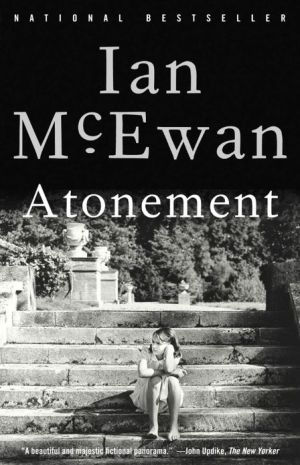
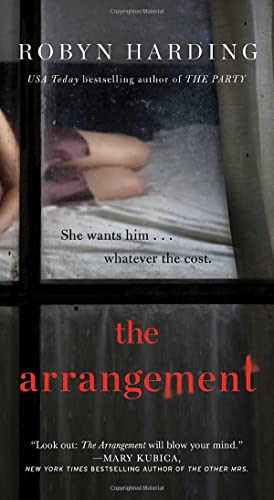




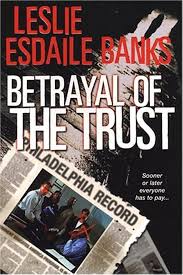
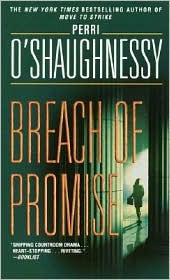
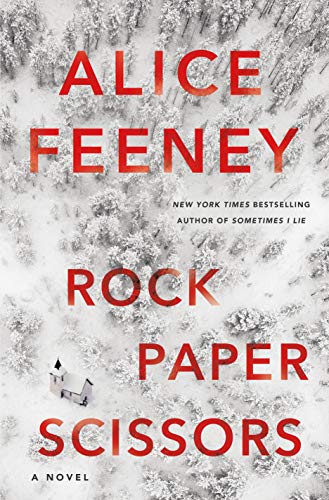
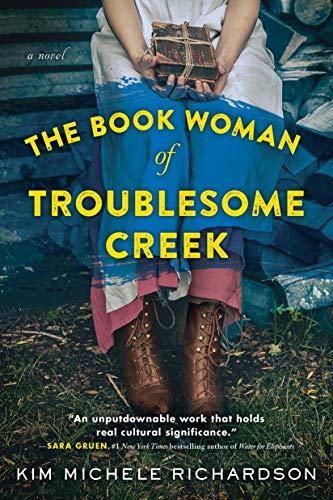
Reviews
There are no reviews yet.